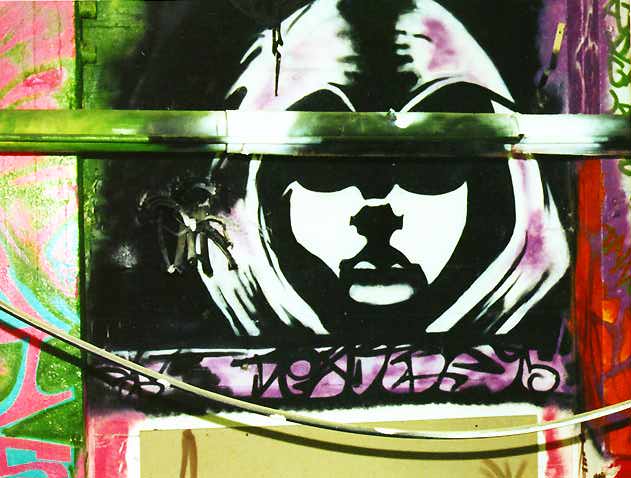
What took decades to achieve by police and community working together is being erased in just a few short years. The lawlessness that was driven off of our streets and subways has returned, and New Yorkers in every neighborhood are experiencing higher crime and disorder. The outcome was predictable if you know the history. District attorneys now all too often refuse to prosecute "low level" offenses. They started to decriminalize many quality-of-life offenses like fare evasion and public urination.
BOSTON UNDERPASS ART CUT DOWN ON CRIME WINDOWS
They are very different practices.īeginning in 2019, a radical City Council and some of the city's district attorneys began to prove the worth of Broken Windows in an unfortunate and very different way. Broken Windows requires probable cause, where the officer witnesses the offense or has witnesses to the offense.


Stop, Question, and Frisk requires only reasonable suspicion. I know firsthand that George Kelling constantly did both. It has been related to Stop, Question, and Frisk by some who not only fail to study history, but clearly have never attended a community meeting or spoken to the cops walking the beat. During my second tenure as the city's police commissioner, beginning in 2014, we honed the practice, driving crime and disorder down to historic lows.Īs always, there are detractors who twist and contort Broken Windows. Over the next 20 years, as Broken Windows was continued, New York City's crime continued to decrease.

Broken Windows and then CompStat made their first, dramatic impact from 1990 to 1996, a time when New York City's overall crime fell 46.1 percent. New Yorkers wanted their city back, and the police were ready to deliver it. We were focusing on crime AND disorder simultaneously. Alongside what I refer to as the dream team of policing-my leadership team-we enhanced Broken Windows with an accountability system called CompStat to deal with more serious crime. In 1994, when I became the NYPD commissioner, we took our ideas from the Transit Police and put them to work on the streets-block by block. In the city as a whole-where quality-of-life enforcement was less rigorous-crime fell only 17.9 percent, and that number included the success of the Transit Police. Over a three-year period from 1990 to 1993, subway crime fell by 35.9 percent. The subway became safer-much safer in fact. And after that fare evasion arrest, these criminals are no longer riding the trains posing a threat to riders. As it turns out muggers, people who carry weapons, or are wanted on warrants tend not to pay the fare. To further drive home the success of Broken Windows, we also quickly learned that serious criminals committed petty crimes, too. The Transit Police officers were allowed to use their discretion and be proactive in addressing lawlessness by going after problems like fare beaters, graffiti, panhandling, and homelessness. They say, "the proof is in the pudding," and New York City's subways in 1990, when I was privileged to lead the then-separate Transit Police Department, was the proving ground of Broken Windows.

We Must Resist Returning to Broken Windows Policing.Homicides Are on the Decline-Except Where Progressives Reign Supreme.Blaming Progressives for Crime Is the Height of Privilege.He saw firsthand that what residents care about, even more than serious crime, is their quality of life. He walked the beat with cops, spoke to neighbors, and immersed himself in the communities where disorder and crime were most prevalent. George, in particular, based the concept on real-world experience and field work, including in Boston. Their theory was that stopping the little things was the key to preventing big things. Wilson and my great colleague and mentor George Kelling gave what I was doing a name when they introduced Broken Windows. This is where we focused many of our efforts on behalf of the public. ROBYN BECK/AFP via Getty Imagesįor more than five decades, I have emulated Sir Robert Peel's nine principles of policing, including his strong belief that "the police are the public and the public are the police." His first principle when he created London's Metropolitan Police in 1829 was "The basic mission for which the police exist is to prevent crime AND disorder." With this in mind, in the mid-1970s, as a Boston Police supervisor, I quickly learned that even as serious crime rose, communities were focused more on low-level offenses like public drinking, prostitution, and public urination-disorder that they witnessed every day. A bullet hole is seen in the glass entrance door of the Mag.Pi clothing store in Cedar Glen, near Lake Arrowhead, California, on Aug.


 0 kommentar(er)
0 kommentar(er)
